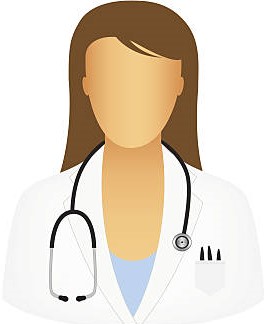Dietician
Registered dietitians have been professionally trained to provide food-related guidance and health-related advice. Registered dietitians must obtain at least a graduate degree, complete an internship, take a national exam, and become licensed by the state.
Once licensed, they’re also expected to refresh their knowledge through continuing education programs. To maintain their registration, a dietitian has to complete at least 75 hours of continuing education every 5 years. They can prepare customized nutrition plans and assist in diagnosing and treating illnesses like eating disorders. Dietitians can participate in preparing large-scale meal plans for cafeterias. They may take on supervisory roles to oversee kitchen staff and food purchasers. They can also work at insurance companies, government facilities, and non-government organizations.
The official name for it is medical nutrition therapy. This is when you and your RD or RDN:
- Talk about your eating habits and your diet
- Set realistic goals for your health — like exercising or drinking more water
- Come up with your personal nutrition plan
Registered Dietitians can specialize in certain fields that have specific nutritional needs, like:
- Sports nutrition
- Diabetes diet education and management
- Oncology (cancer) nutrition
- Children’s nutrition
- Nutrition for older adults or people with chronic diseases
Dietitians usually work in schools, hospitals, private clinics, care facilities, and research centers. They can prepare customized nutrition plans and assist in diagnosing and treating illnesses like eating disorders.
Dietitians can participate in preparing large-scale meal plans for cafeterias. They may take on supervisory roles to oversee kitchen staff and food purchasers. They can also work at insurance companies, government facilities, and non-government organizations.
If you have diabetes, what you eat can have a big impact on your health. The right diet can help steady your blood sugar, blood pressure, and cholesterol levels. Eating well can also keep you at a healthy weight.
But it’s more than just eating the right foods (fruits, vegetables, grains, protein, some dairy) and staying away from others (fried foods, food high in salt, sweets, drinks high in sugar). How much you eat — and how often — can be important, too.
A registered dietitian (RD) or registered dietitian nutritionist (RDN) — they’re the same thing — is a specialist who’s trained to help you figure out a plan for all those things.
Our Specialists
